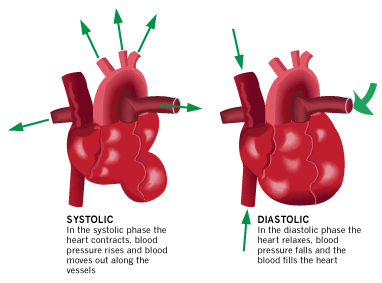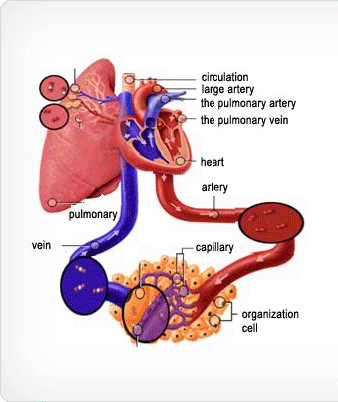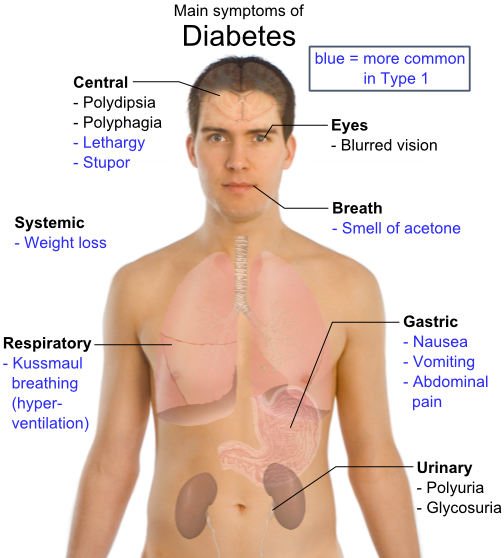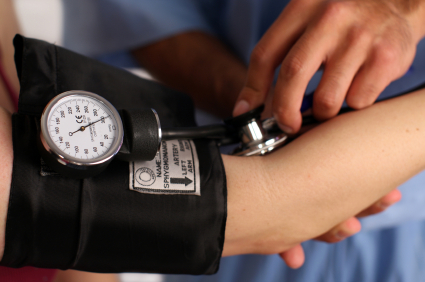Hypertension, or high blood pressure, affects about one in three U.S. adults, according to the Centers for Disease Control, and 25 percent of American adults have prehypertension. Although you can soon be one of the millions of people who must rely upon the daily use of medications to keep their blood pressure under control, I always believed that it is better to be proactive and try to prevent the need for expensive drugs that come with a list of side-effects of their own. Here are 8 tips you can use as preventative measures against high blood pressure. Or, if you already suffer from it, incorporate them and work with your doctor to reduce the medications you need! Continue reading →




